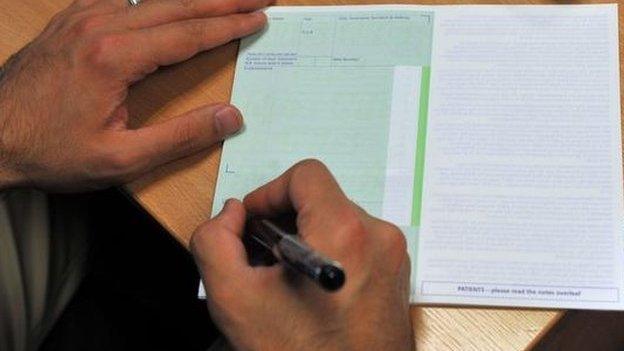GP recruitment: More junior doctors choosing Wales
- Published
- comments

Significantly more junior doctors are choosing to come or stay in Wales to train to be GPs, the health secretary has said.
Currently 91% of the 136 available family doctor training places in NHS Wales have been filled, compared to 75% at the same stage last year.
Health Secretary Vaughan Gething said he was "particularly pleased".
The doctors' union - the BMA - said it was a "positive step in the right direction".
The rise follows a decision last autumn by the Welsh Government to offer £20,000 cash incentives to junior doctors who choose to train to become GPs in parts of Wales with significant shortages.
This formed part of a major national and international recruitment drive by the Welsh NHS.
Groups representing GPs have long warned of a crisis facing health services in parts of Wales due to significant shortages of family doctors.

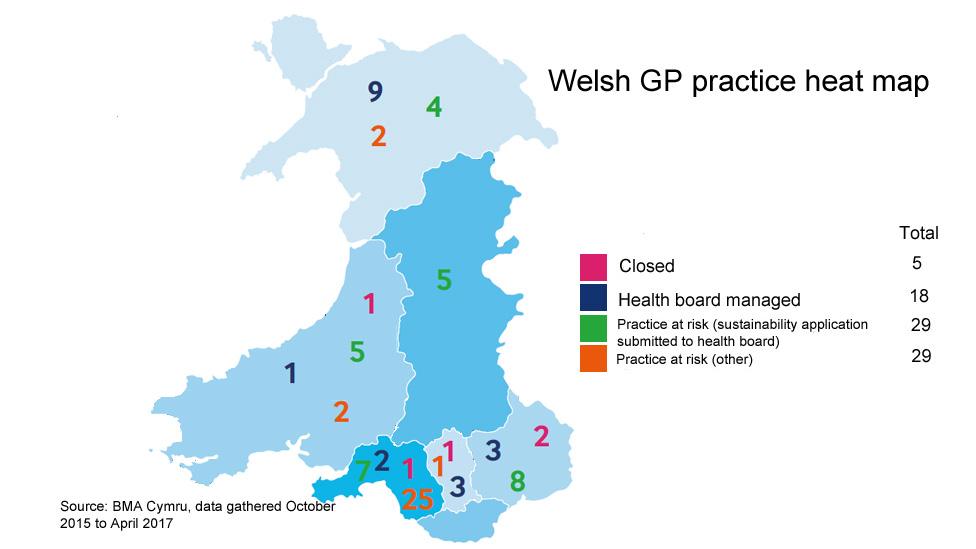

In its latest analysis, the BMA estimates dozens of GP surgeries in Wales are either at risk of closure or might have to to be taken over by local health boards.
It claims the number of surgeries under threat is increasing, involving more than 350,000 patients.
Dr Charlotte Jones, chairwoman of BMA Cymru's GP committee, claims the situation is "of grave concern" and reflects the pressure facing practices which "vary considerably across Wales.".
But the BMA said it welcomed the news on training places, saying the financial incentives "have no doubt played a crucial role".
Mr Gething insists improving access to GP services is one of his "top priorities" and that significant progress is being made, including a continuing reform of primary care services with GPs working with pharmacists, nurses and therapists as part of wider teams in communities.
"People's access to these services will increasingly improve as we recruit more GPs and other healthcare professionals to fill roles across Wales," he said.
Vaughan Gething said there were no easy answers to GP recruitment issues
Mr Gething said the "train, work, live" campaign,, external as well as financial incentives and more of a culture of cooperation in Wales between government and the profession had helped recruitment.
"We don't try to claim there is one single, silver bullet to resolve the challenge," he said.
"What we'll need to do at the end of the complete round is understand why those people made their choices to try to make sure for the next year - when we'll still need to recruit a significant number - that we're in the best position to do well."

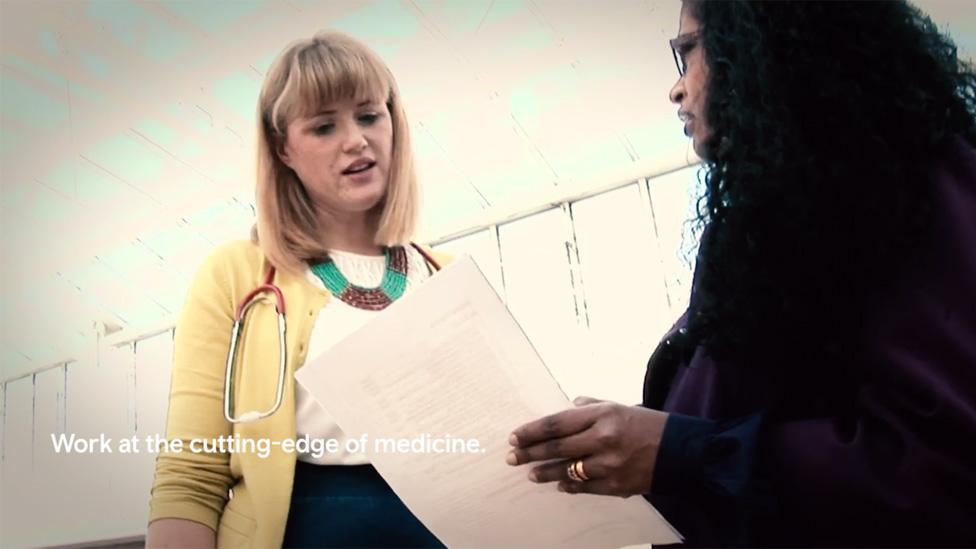
A campaign has been running to make Wales an attractive destination to work, train and live
HOW DOES GP TRAINING WORK?
Specialist training in general practice takes three years to complete and junior doctors can apply to train anywhere in the UK.
Any unfilled places get re-advertised.
Last year, 29 out of 136 places remained vacant after the recruitment process had ended.
But in April this year the Welsh Government announced that after the first round of adverts 84% of training places had been filled - 16% higher than the same stage last year.
Now after the vacant posts have been re-advertised - the fill-rate has risen to 91%; again 16% higher than last year.
Dr Michael Talierco from New York is finishing his training in Taff's Well and wants to stay
The number of training posts on offer range from five in Neath Port Talbot to 18 each in Cardiff and Swansea.
The junior doctors recruited will start work in August.
The Welsh Government hopes any outstanding vacancies might be filled during the second recruitment round, which opens in August and aims to recruit GP trainees to take up post in February 2018.
It also said 100% of available GP training places have already been filled in four areas, which have had difficulties recruiting in the past.
They are Ceredigion, North Wales West, Pembrokeshire and North Wales East.
The Welsh Government's financial incentive means applicants to these areas can benefit from a £20,000 payment provided they stay for at least a year once they have completed their training.
The latest workforce statistics show a 7% increase in the number of individual GPs working in Wales over the past 10 years
But there has been an 11% drop in the number of partnerships (surgeries)
Wales also has the second-oldest GP population of any UK country, with 22.2% aged 55 or over.
Dr Sophie Quinney, of Wales for GP Survival, says under-pressure GPs are cutting back hours to stay sane
Dr Rebecca Payne, chair of the Royal College of GPs in Wales, said pressures and an ageing workforce were taking a toll.
"I had a lady with chest pain in the surgery the other day and everything has to stop while you sort that out. But the backlog is building up in the waiting room," she said.
"People are either cutting down their hours or taking early retirement and that's having a huge impact on the number of GPs available to work - and the number of GP hours."
Last month, the health secretary announced the NHS Wales recruitment campaign would be extended to try to encourage more nurses to come to work here.
- Published12 June 2017
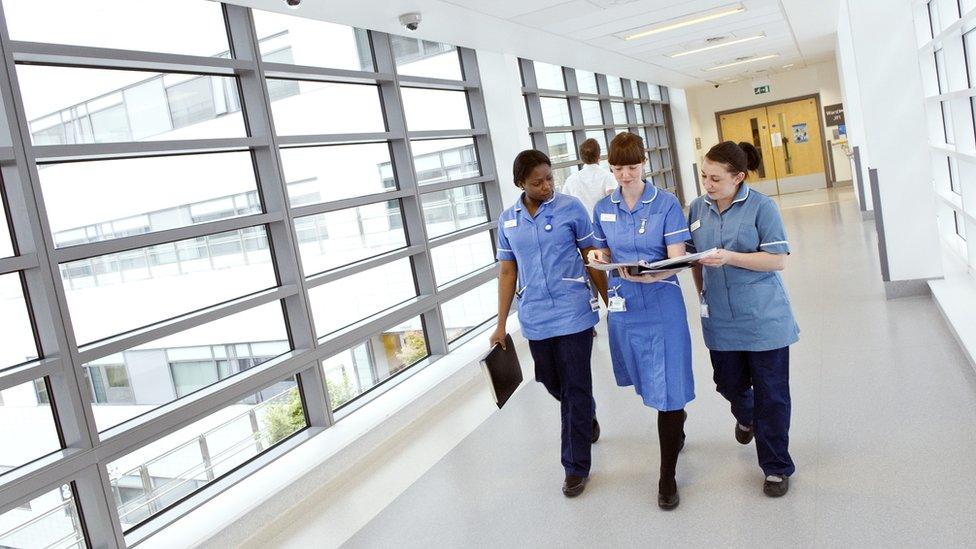
- Published14 May 2017
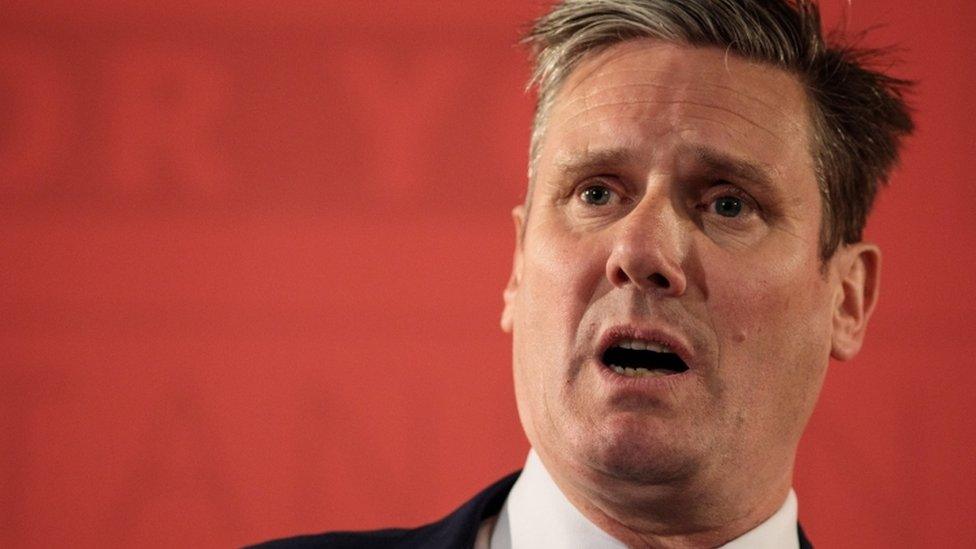
- Published4 April 2017

- Published4 November 2016
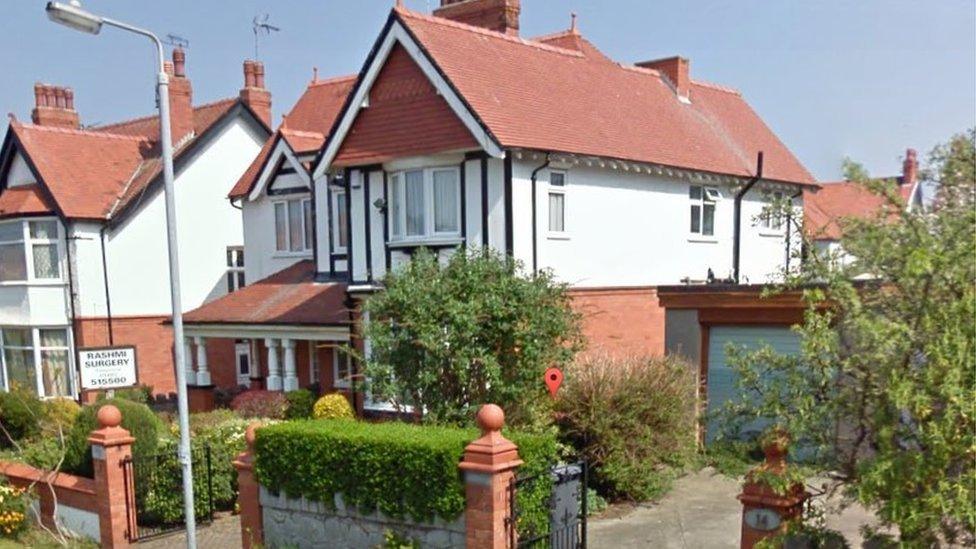
- Published20 October 2016
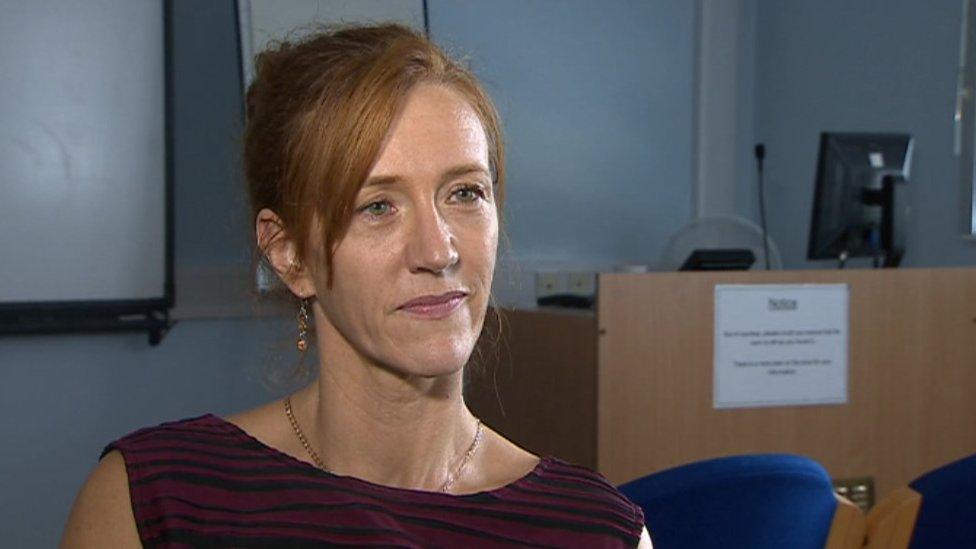
- Published4 July 2015
